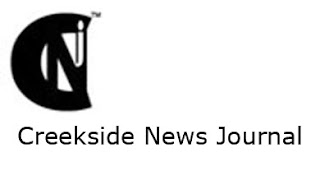DOTGOV ONLINE TRUST
IN GOVERNMENT ACT OF 2019
A committee of U.S. legislatures worked
for years on what eventually
passes as the DOTGOV Act of 2020.
Whether Federal, State or Local government, the Act was to help the public trust accessing online internet websites.
In Arkansas there is a suburban improvement district that is a local government group with five elected board of commissioners (BOC). The BOC writes regulations, oversee a tax budget of nearly $3 million to operate a water department, road department, fire department, recreation center, two golf courses and a marina.The office buildings, a clubhouse, plus a restaurant, and a campground. The website for the Holiday Island Suburban District (HISID) has not transitioned itself into the (dot)gov, even though it is a government entity that collects payments online.
The same local area, as recent as January 2021 was additionally voted upon to become a City. Currently there is an elected seven member board that will increase to eight members in 2023 with the creation of Wards.
"A momentous $200 million worth of federal cybersecurity grant money is slated to come to state and local governments this year, with another $800 million arriving over the next three years. Localities are to be the biggest recipients; with 80 percent of the funds promised to them." (source)
Holiday Island (City of the 2nd class) did not create an online presence with a DOTGOV domain name. This government entity operates as volunteers. Those volunteers utilize free resources for an Internet presence as well as educating themselves on operations.
Back in 2021, when they held full ZOOM meetings during the pandemic, there were professionals attempting to get their attention, both tech firms and this reporter, that there was this new DOTGOV Act.
At that time, it would have been perfect for a new start-up city or any new government entity. A one-year grace period for registration fees. Now, to get compliant will create more work and money lost from the grants.
Update Aug. 1, 2022


